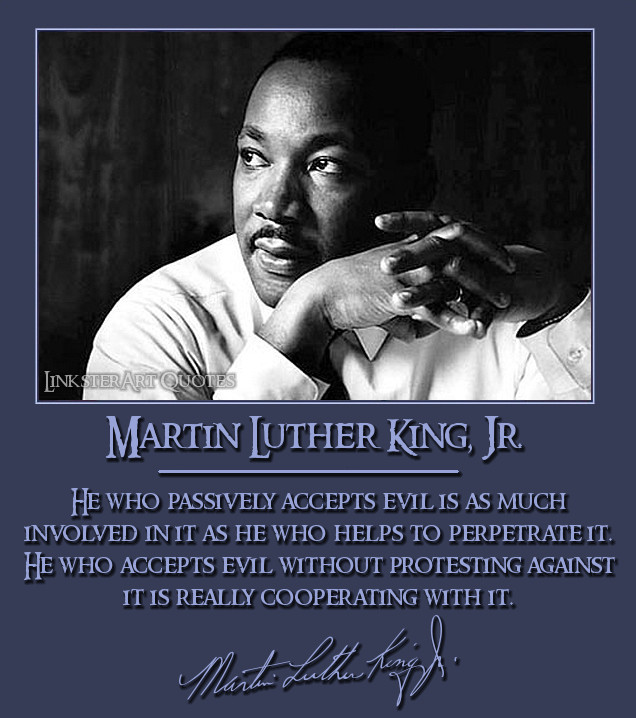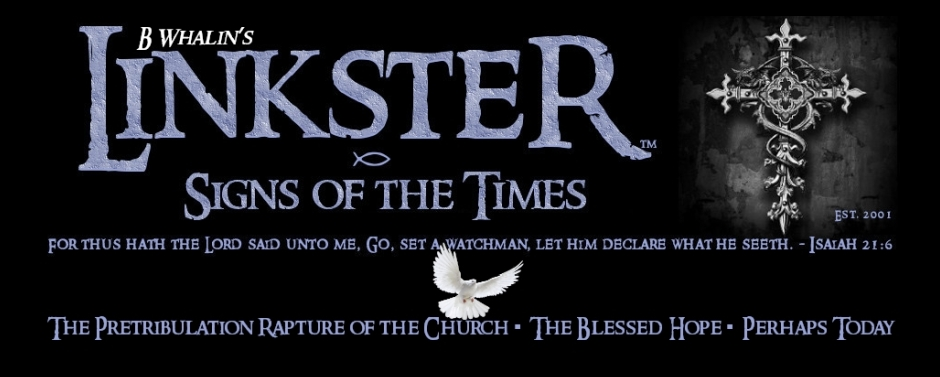
Martin Luther King Jr.
American Civil Rights Leader
Baptist Minister
Social Activist
Baptist Minister
Social Activist
On Evilness

Biography
 Martin Luther King Jr. (1929-1968) was a Baptist minister and social activist who played a key role in the American civil rights movement from the mid-1950s until his assassination in 1968. Inspired by advocates of nonviolence such as Mahatma Gandhi, King sought equality for African Americans, the economically disadvantaged and victims of injustice through peaceful protest. He was the driving force behind watershed events such as the Montgomery Bus Boycott and the March on Washington, which helped bring about such landmark legislation as the Civil Rights Act of 1964 and the Voting Rights Act of 1965. King was awarded the Nobel Peace Prize in 1964 and is remembered each year on Martin Luther King Jr. Day, a U.S. federal holiday since 1986.
Martin Luther King Jr. (1929-1968) was a Baptist minister and social activist who played a key role in the American civil rights movement from the mid-1950s until his assassination in 1968. Inspired by advocates of nonviolence such as Mahatma Gandhi, King sought equality for African Americans, the economically disadvantaged and victims of injustice through peaceful protest. He was the driving force behind watershed events such as the Montgomery Bus Boycott and the March on Washington, which helped bring about such landmark legislation as the Civil Rights Act of 1964 and the Voting Rights Act of 1965. King was awarded the Nobel Peace Prize in 1964 and is remembered each year on Martin Luther King Jr. Day, a U.S. federal holiday since 1986.» Full Bio
» See All 'Quotable Quotes'
This Day In History 45 Years Ago
June 8, 1968
King Assassination Suspect Arrested
King Assassination Suspect Arrested
American Civil Rights Movement

James Earl Ray, an escaped American convict, is arrested in London, England, and charged with the assassination of African American civil rights leader Martin Luther King, Jr.
On April 4, 1968, in Memphis, King was fatally wounded by a sniper's bullet while standing on the balcony outside his second-story room at the Motel Lorraine. That evening, a Remington .30-06 hunting rifle was found on the sidewalk beside a rooming house one block from the Lorraine Motel. During the next several weeks, the rifle, eyewitness reports, and fingerprints on the weapon all implicated a single suspect: escaped convict James Earl Ray. A two-bit criminal, Ray escaped a Missouri prison in April 1967 while serving a sentence for a holdup. In May 1968, a massive manhunt for Ray began. The FBI eventually determined that he had obtained a Canadian passport under a false identity, which at the time was relatively easy.
On June 8, Scotland Yard investigators arrested Ray at a London airport. Ray was trying to fly to Belgium, with the eventual goal, he later admitted, of reaching Rhodesia. Rhodesia (now called Zimbabwe) was at the time ruled by an oppressive and internationally condemned white minority government. Extradited to the United States, Ray stood before a Memphis judge in March 1969 and pleaded guilty to King's murder in order to avoid the electric chair. He was sentenced to 99 years in prison. » Full 'Lead Story' Article
Significant Events This Day In History
» History


